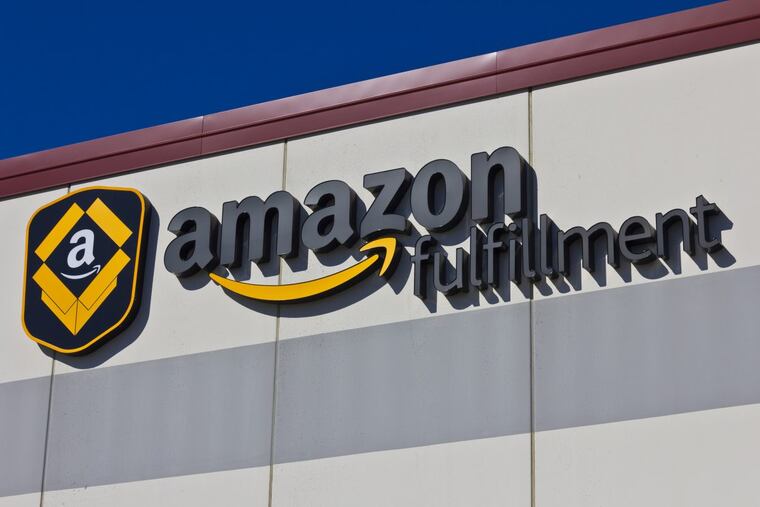What's good for Amazon may not be good for city that lands new headquarters
The kind of public funding Amazon seeks is good for the companies that get it, and good for the politicians who garner political support by handing it out. But it takes years for the real costs of these deals to become apparent.

In June, President Trump tweeted that Amazon was not paying "internet taxes." His exact point was unclear; there is no such thing as an internet tax. His implication, on the other hand, was: Amazon skirts its "fair share" of taxes. This was fake news, as the president is so fond of pointing out, but that doesn't mean Amazon is above doing what it can to lighten its tax load. The company is soliciting bids from cities across North America in search of a home for its second corporate headquarters, which it says will employ 50,000 workers.
Amazon's request for proposals says that "Incentives offered by the state/province and local communities to offset initial capital outlay and ongoing operational costs will be significant factors in the decision-making process." In short, Amazon is actively seeking a sweetheart tax deal from potential host cities. From Amazon's perspective, this is just good business. But what is good for Amazon is not necessarily good for the cities it courts.
Amazon claims it contributed $1.40 for every dollar of direct investment it put into the Seattle region's economy between 2010 and 2016. This is the only number that many city politicians see, and they lined up to make pitches. Philadelphia, Pittsburgh, Austin, Atlanta, Dallas, Chicago, Detroit, El Paso, and Gary, Ind., have either thrown their hats into the ring or promised to do so.
But should they?
Examples of deals the size Amazon is soliciting are not easy to find. We can, however, point to any number of projects and smaller tax-break schemes to get an idea of what might happen, and the answers are not at all reassuring. Sports stadiums are the most obvious comparison. They are expensive, take a good deal of time to complete, and often involve tax breaks and subsidies that are promised to enhance local economies and fatten tax coffers. Since 1997, NFL teams have built 20 stadiums. The average subsidy underwritten by the taxpayers in the respective markets? $238 million.
Do those cities recoup those "investments"? Not always, and maybe not even most of the time. Roger Noll, senior fellow at the Stanford Institute for Economic Policy Research, points out that Oakland and St. Louis continued to make payments on their stadiums long after the Raiders and Rams fled to Los Angeles for better deals. And in a 2017 poll, 83 percent of economists agreed that state and local subsidies to build stadiums likely cost taxpayers more than the economic benefits the stadiums ever generate. Host cities are also learning that the benefits of bringing the Olympics to town rarely, if ever, eclipse the costs.
Film tax credits are a smaller example but exhibit the same negative returns. According to the nonpartisan Tax Foundation, every independent study of film tax credits has found the credits are money-losers for the states. State agencies in Arizona, Connecticut, Massachusetts, Michigan, New Mexico, and even Pennsylvania's Legislative Budget and Finance Committee found that state coffers received less than 30 cents in increased tax revenue for every dollar spent on film tax credits.
Economies do grow in response to public spending, but they also grow in response to across-the-board tax cuts. The important difference is that when a city cuts taxes for everyone, people keep more of their money to spend on things they want. When a city hands out tax money to favored ventures like Amazon, politicians spend the people's money on things politicians want. Why not offer tax cuts to established businesses? Because that wouldn't buy anyone new votes, which is really what's going on.
In the end, the kind of public funding Amazon seeks is good for the companies that get it, and good for the politicians who garner political support by handing it out. But it typically takes a decade or more for the real costs of these deals to become apparent. By then, the politicians have moved on to better positions, the companies have often moved on to cities with even better tax deals, and all that's left is the bill.
Antony Davies is an associate professor of economics at Duquesne University in Pittsburgh. antony@antolin-davies.com.
James R. Harrigan is CEO of FreedomTrust. jrharrigan@gmail.com.